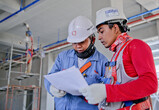Towards shared interests between migrant and local workers
The project aims to collect “forgotten voices” of three main groups of workers (mobile EU and non-EU workers, local EU workers) in certain economic sectors, which we will present in the form of podcasts, texts and other ways.About the project:
Central and Southern European countries have faced growing labour migration from both EU and non-EU countries, such as Ukraine, Moldova but also Romania or Bulgaria. Mostly welcome by employers and some politicians, it has remained controversial for parts of general public due to perceptions of competition in the labour market and local reactions in places of concentration of migrant workers. This project responds to these conflicting economic, political and social interests by engaging a discussion with the European local publics. Such a debate will include first, local EU workers who encounter similar exclusions in parts of the EU labour market (exposed to economic precariousness, indebtedness, ethnic discrimination), second, non-EU workers (exposed often to legal and economic precariousness) but also, third, mobile EU workers who worryingly have been also acquiring negative stereotypes of immigrants in new places (i.e. Central Europe).
While most of the debates on migrant integration have traditionally centred on cultural adaptation and social inclusion, this project targets in particular their economic and legal situation. In the context of flexibilisation and precarisation of employment, migrant workers begin to share manifold aspects of their situation with host country domestic labour force. Yet, the solidarity of migrant and domestic is constrained by negative stereotypes and the lack of common platforms of sharing experiences. This project suggests that such a platform can be created taking a labour rights perspective.
The project aims first, to collect “forgotten voices” of three main groups of workers (mobile EU and non-EU workers, local EU workers) in certain economic sectors, which we will present in the form of podcasts, texts and other ways. Second, the collected experiences of local/migrant workers will be connected to a “learning space on shared interests” composed of policy-oriented and practical meetings as well as a project website.
Duration: 8/2017 – 1/2019
Donor: co-funded by the Europe for Citizens programme of the European Union
Partners:
Red House Center for Culture and Debate - Sofia
Estudios y Cooperación para el Desarrollo (ESCODE)
Project coordinator: Justyna Janowska, justyna.janowska@mkc.cz
Download info template here.

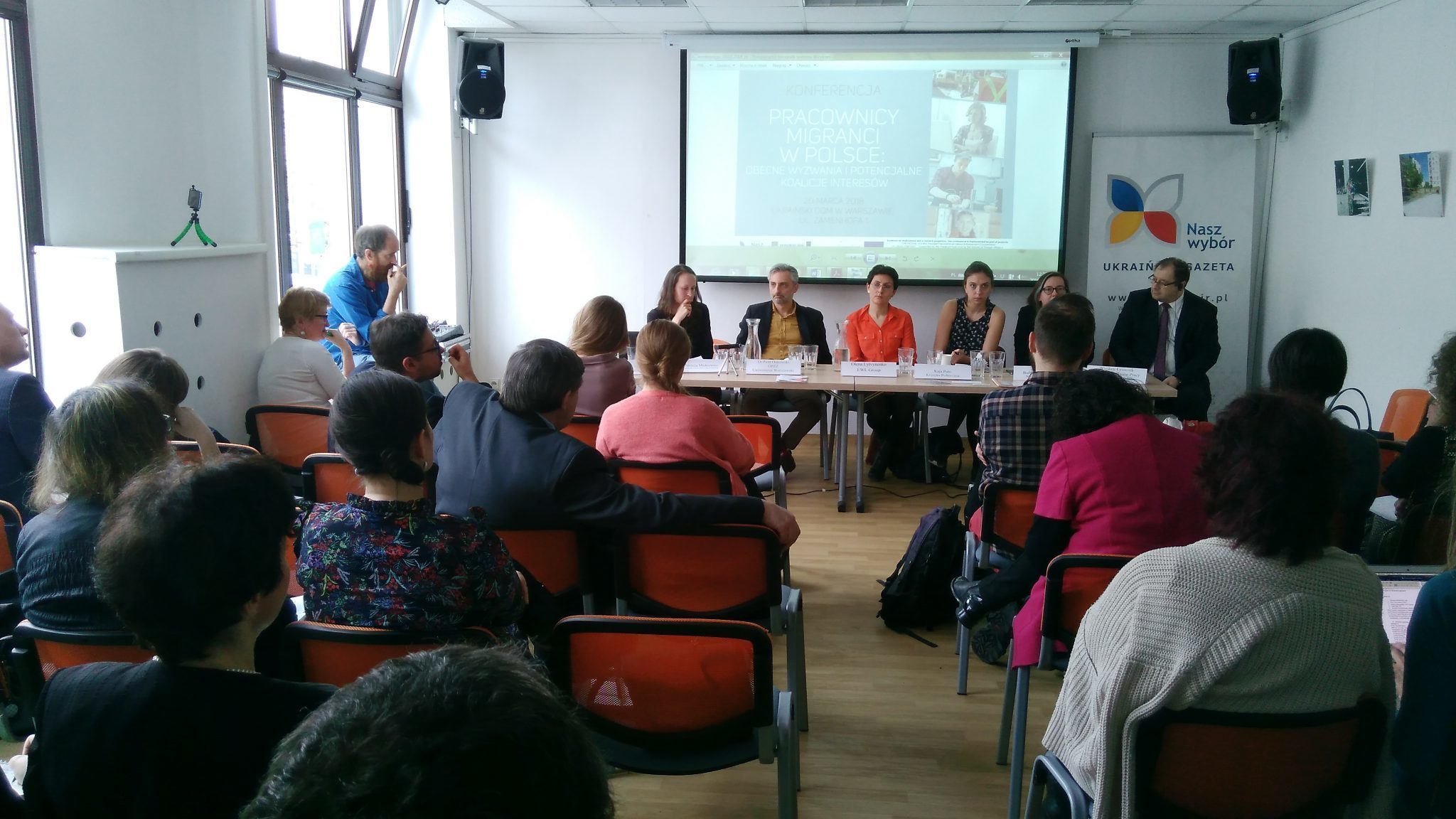
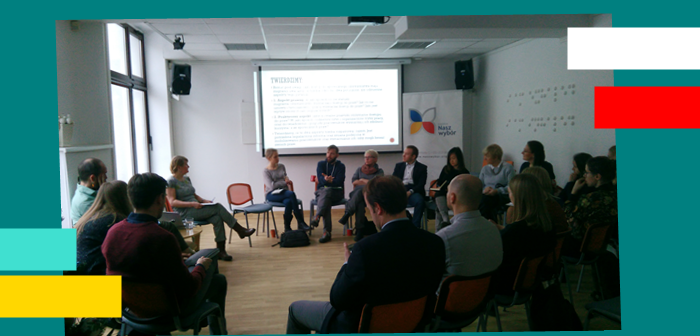
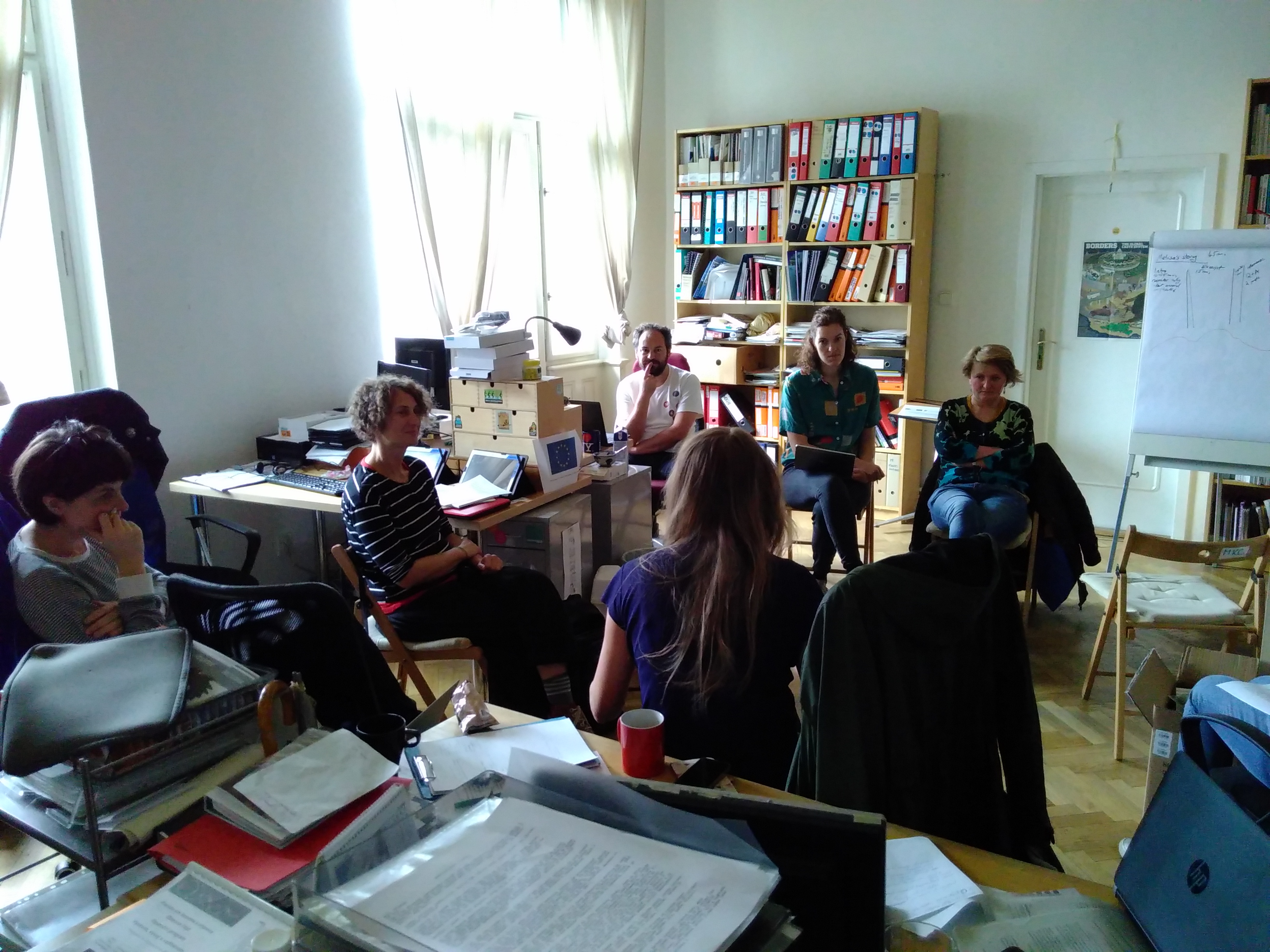
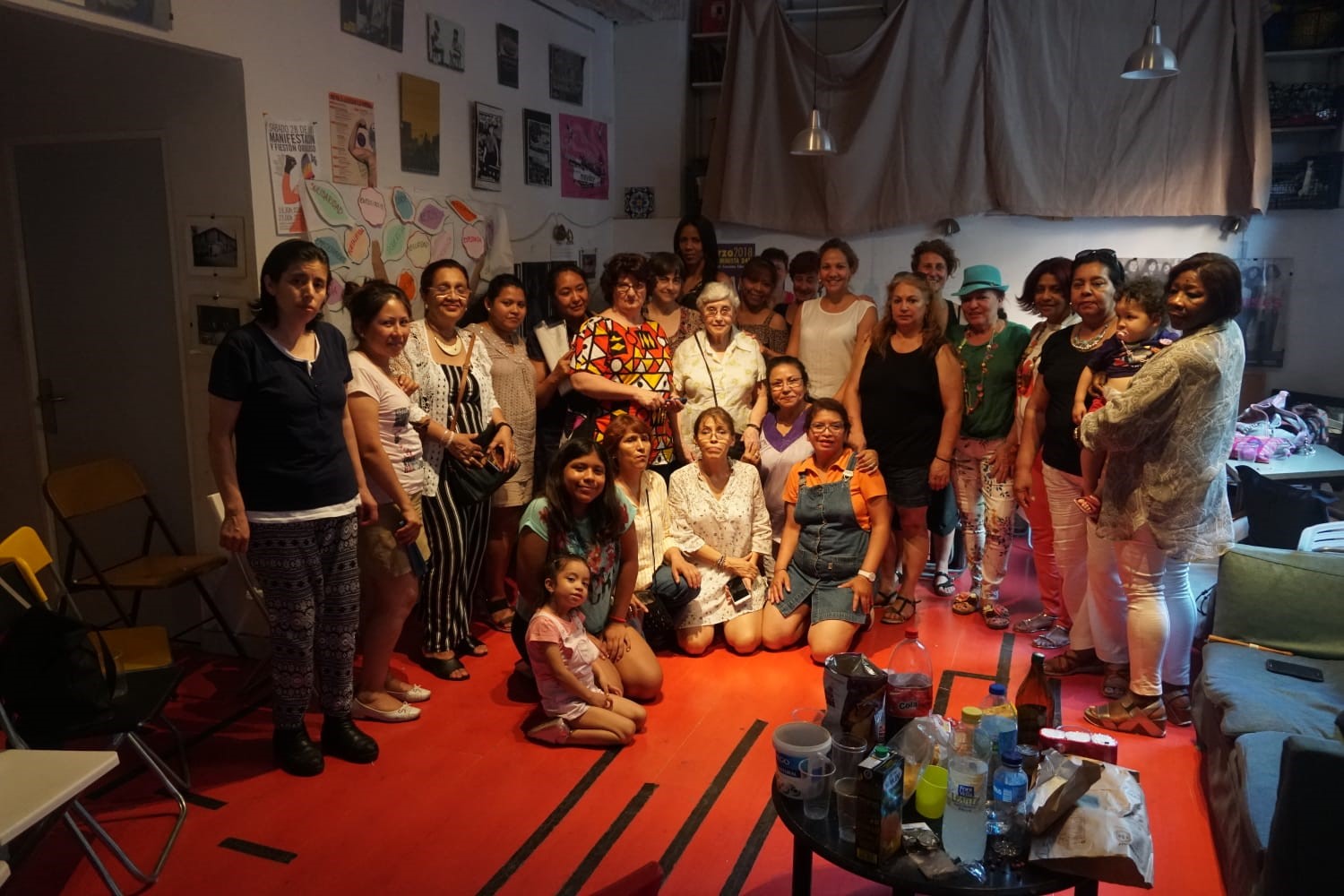
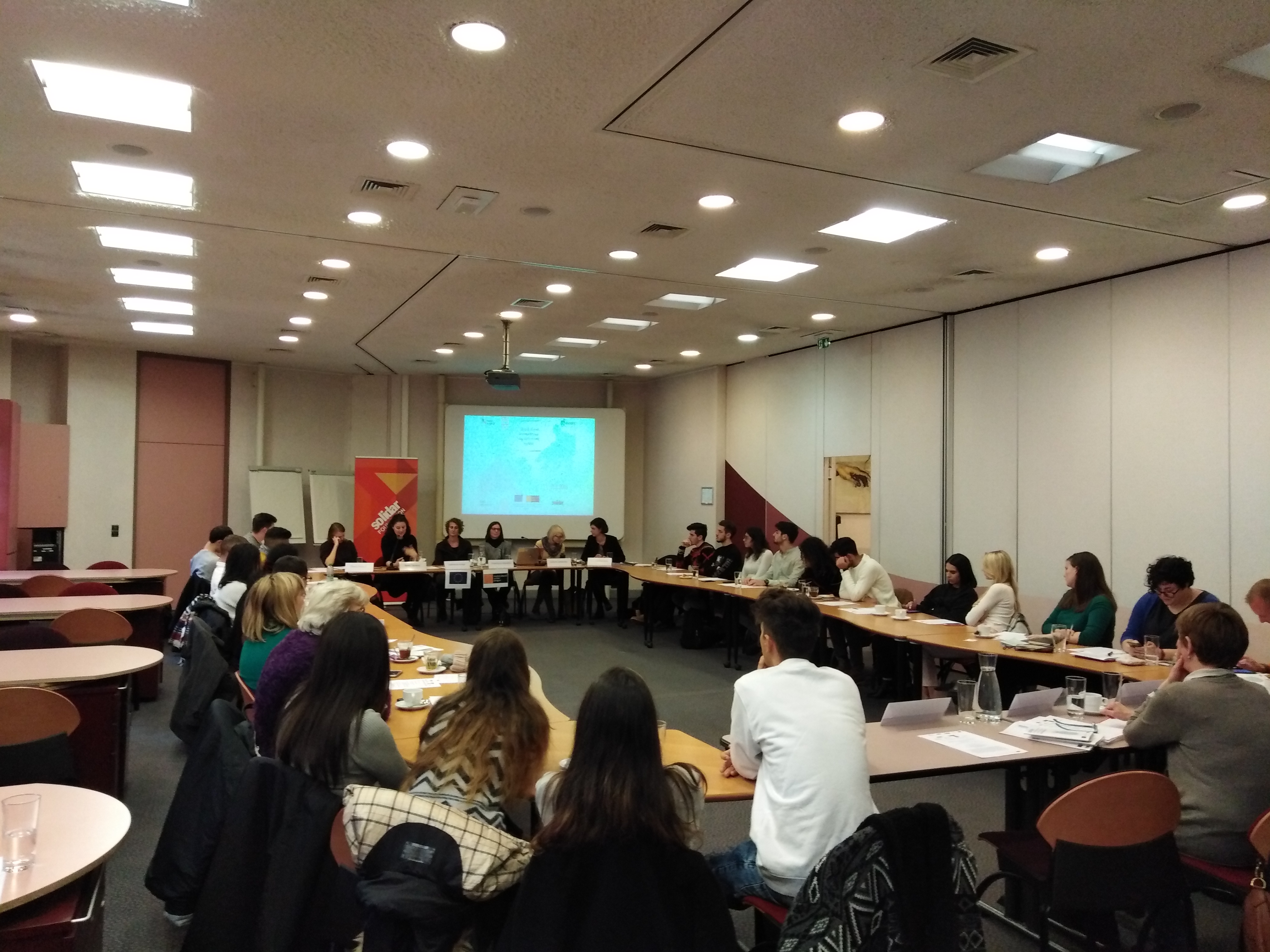
The information on this web page reflects only the authors’ views. The Education, audiovisual and Culture Executive Agency and the European Commission are neither responsible nor liable for any use that may be made of the information contained on this web page.


